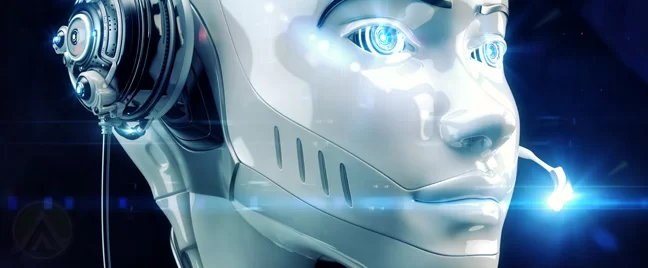Consumers have raised their standards about what it takes to deliver outstanding customer support. They want companies that provide fast, easy, and readily accessible services. And with thousands of similar products in the market, people are quick to switch to brands who can fulfill their satisfaction.
Brands are responding to these complex preferences by mixing up a variety of customer service approaches. Among them are two contrasting concepts: personalization and automation.
A personalized customer experience provides brands an opportunity to outshine competitors. By utilizing human interactions, businesses can offer something unique or add bigger values to people’s lives. At the other end of the spectrum, however, is automation. This approach makes use of customer-serving machines and software tools to provide speedy problem resolution to customers.
But in an age where everyone’s looking for genuine concern from brands, can call center automation do the trick? And if so, to what extent should you automate your services?
What a personalized customer experience really means

This is what personalization aims to remedy. Making customers remember your name, not just as a brand but as a part of their social lives, is the first step in creating lasting customer relationships.
The role of automation in call centers
Personalizing customer support can take up huge chunks of your time, and this is one of the reasons why call center automation blossomed in the outsourcing industry. Automation is largely a result of how processes are becoming increasingly digitized in a highly tech-oriented world. Contact centers utilize the power of machines to shorten calls and eliminate repeat transactions, both of which increase productivity levels.
But will this cause your customers to turn away from you?
It’s important to understand that some customers do prefer self-service and only get in touch with call center agents as a last resort. It’s best to say that even the decision to automate depends on your market.
In a nutshell: segregation or integration?
What then is the best form of customer support? Should you deliver your services through purely personalized human communication or through machine-delivered interactions?
If you can make it work, integrating the two customer service approaches will allow you to present options to your clients. There’s more than one way to use automation in call centers, and if you create a mechanism that backs up your personalized services, this will keep your business customer-centric. Remember that more than the latest trends, your customers dictate your success.

